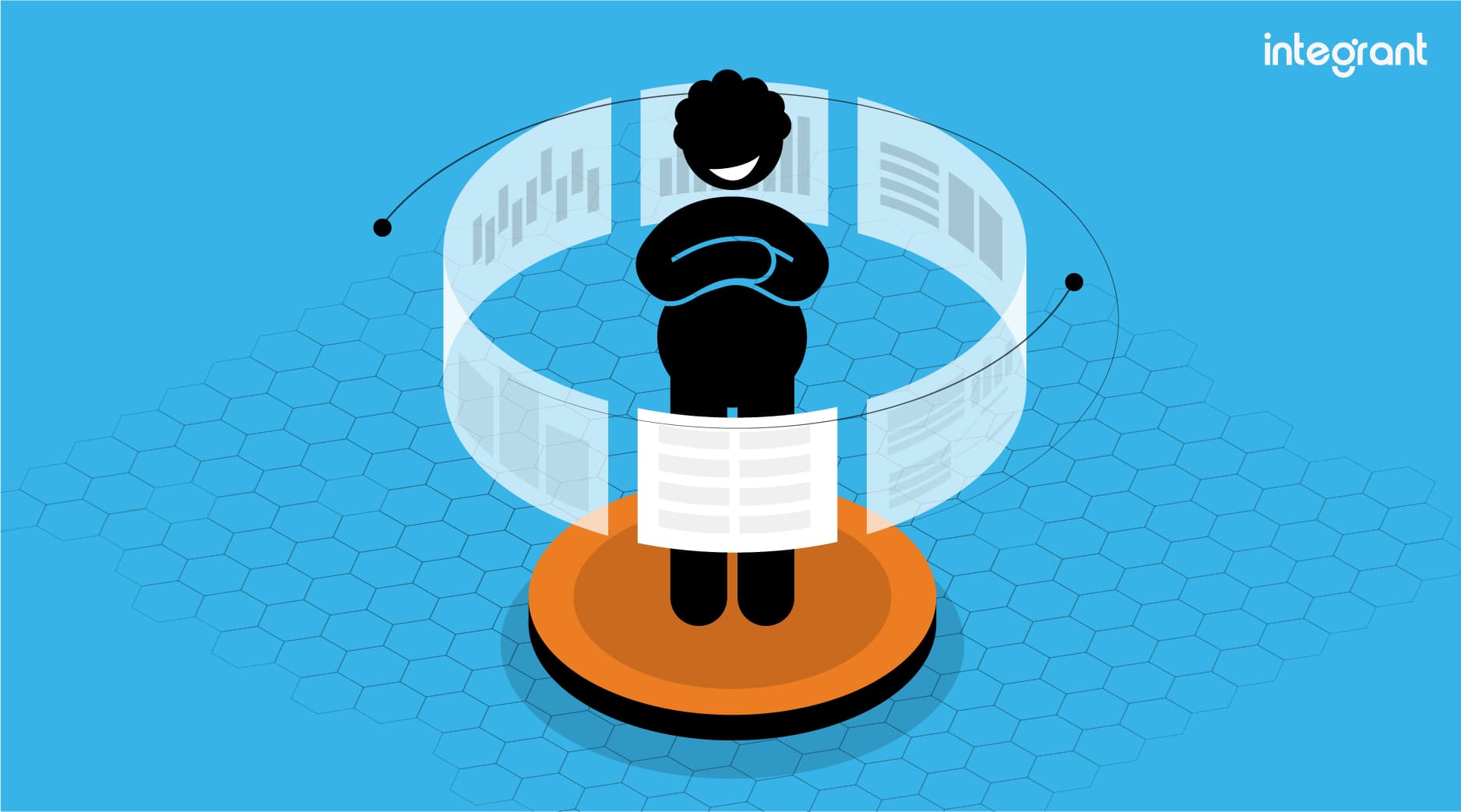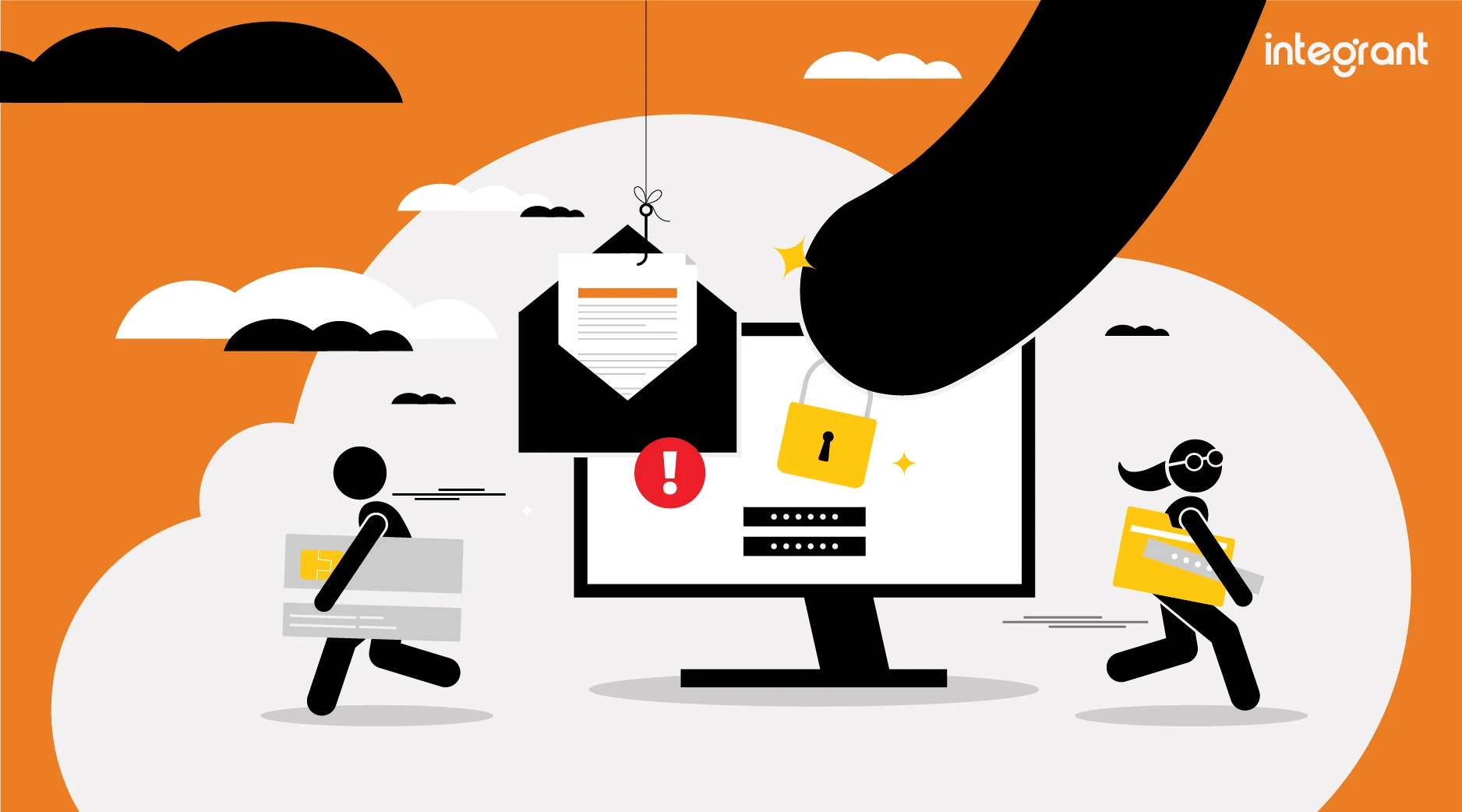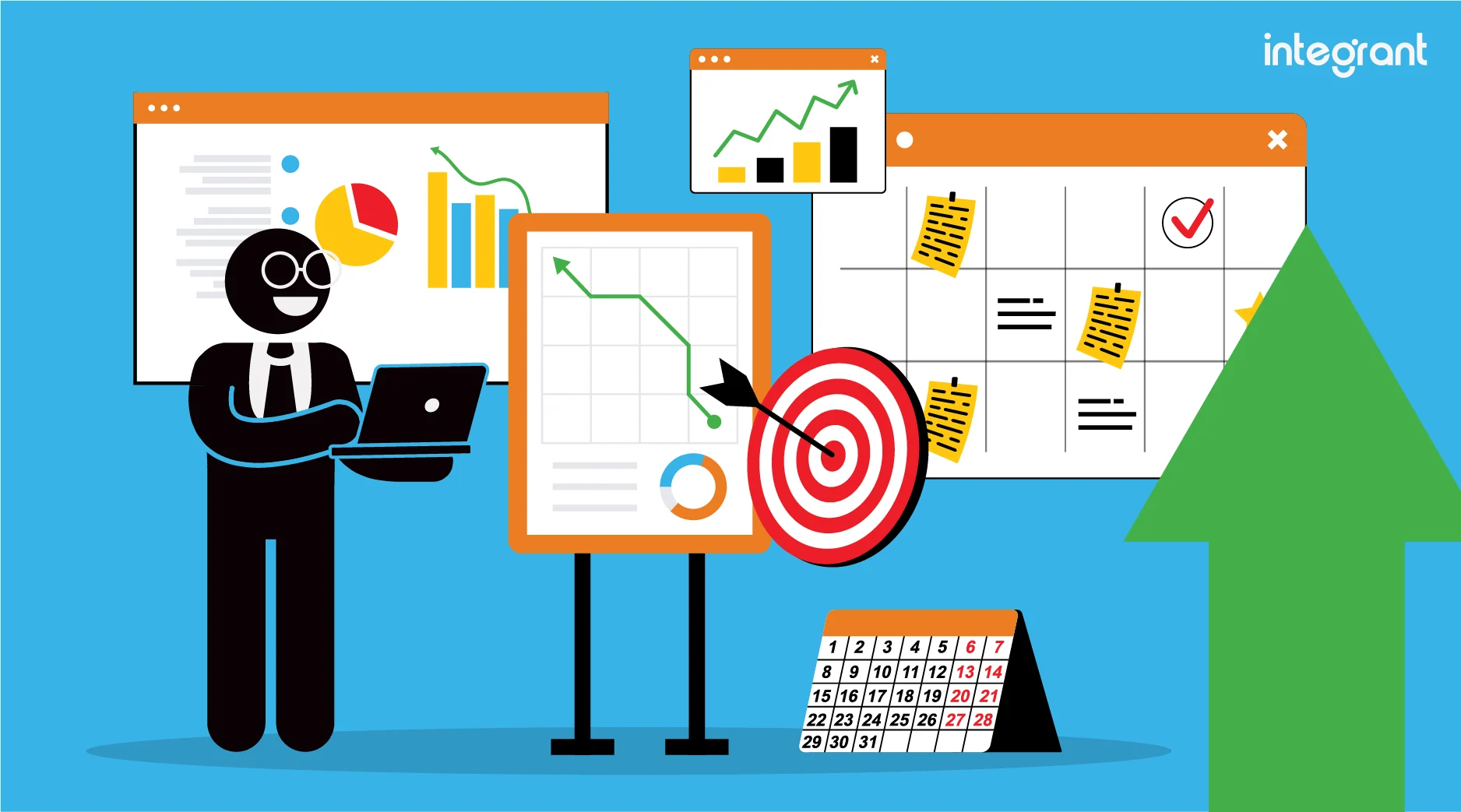Data Strategy Tools: Your Roadmap to Data-Driven Success

When it comes to software development projects, data is everything. Data collecting and safety can make or break a project for industries like Biotech, Pharma, Manufacturing, and Fintech.
Often, people become frustrated by ineffective data capture from various data sources, need help to reduce data loss, and suffer from inflexible data analysis. One thing to note: you're not alone in these data strategy challenges. Our experts have heard many stories of teams struggling to navigate data challenges.
That's why we've developed this guide demonstrating our data strategy tools to help you overcome challenges like these and many more. Let's get started.
Data Management Strategy: Your Data Challenges
Data challenges are not industry-specific. The battles against data frustrations often mimic each other across many projects and industries, no matter the size or experience of the team. So, how can you combat this? What is there to be done about challenges so widely spread?
For starters, it should put you at ease that your struggles are not unique but shared experiences. What’s good about shared experiences is the collaboration of ideas, data strategy tools, and data strategy software that grow from them in order to provide a solution.
Let’s take a look at some of these shared data frustrations.

The Challenges
1- Reducing Data Loss
Data can be lost or inaccessible due to a multitude of systems and media used to store it.
2- Enabling Data for AI/ML
A lot of effort is needed for getting data ready for AI and ML. Without an effective and efficient plan, this process can strain tech leads.
3- Data Analysis Flexibility
When using analysis tools, data flexibility can be limited if data is siloed in a multitude of systems and formats.
4- Increasing Accessibility Through Data Centralization
It’s not uncommon for data to exist in a multitude of disparate systems across an organization. This can make access difficult.
5- Needs a Platform That Can Evolve with Them
Need to be able to evolve the analytical ecosystem to accommodate future needs as they arise.
6- Data Source Agnosticism
If data is currently affined to the storage format of the managing systems, independent formats can be introduced to represent data and not be tied to any particular system.
7- Needing Secure Data Longevity
Data security is a high-stakes topic spanning every industry. An even more important area of data security that many people struggle with is longevity.
Data Management Strategy: The Key to Solving Your Data Challenges
So, now that you’ve seen a few of the most common challenges and know that you’re not alone in these frustrations, it’s time to address the solution. Believe it or not, there is one single data tool that can solve all of the abovementioned challenges, and that solution is data strategy along with some data strategy tools.

What is Data Strategy?
Data strategy is a long-term roadmap to manage a company's data. This roadmap lays out the technology, processes, people, and rules that will deem this strategy effective and efficient.
Let's look at some of the capabilities, components, and team members involved in the data strategy process, including data strategy tools and software.
Data Lakes
A data lake is a centralized storehouse that holds, processes and secures vast amounts of structured, semi-structured, and unstructured data.
Data Lakehouse
This data management architecture combines the flexibility, cost-efficiency, and scale of data lakes with data warehouses' management and ACID transactions to enable business intelligence and machine learning on all data.
Data Centralization
Data centralization makes all of a company's data information accessible through a single location. This allows quick, easy, and secure access to all data regardless of originating systems.
Data Architects
This role is responsible for ensuring all tools and architecture(s) support the company's long-term needs from an analytical perspective. This includes evaluating and selecting data strategy software and tools.
Data Engineers
These engineers build pipelines that will acquire data from sources, push it to the data platform, and fine-tune it before presenting it for convenience for end users. They use data strategy tools to automate and streamline these processes.
Data Analysts
Analysts consume data from the platform and analyze it using various tools that turn out meaningful insights. They use data strategy tools to visualize and share their insights with stakeholders.
Combining these data management strategy roles and components allows for an effective and efficient solution for an abundance of data strategy challenges. The combination of security measures and centralization aids in lessening the effects of data loss, increases accessibility, ensures data security longevity, increases flexibility, enables ML/BI for all data, and provides a platform for data to evolve with the company.
Wrapping It Up
Data challenges are no stranger to any existing industry. Feelings of frustration and uncertainty are not uncommon for teams facing roadblocks like data loss, data inflexibility, and temporary data security.
While it's helpful to know that you are not alone in these challenges, it's even better to know that there is an existing solution to eliminate them altogether.
A data strategy is a plan built to last for the long term and create more accessible, effective, and efficient data. It's still possible to take your current data strategy and adjust it by utilizing data strategy tools and software to fit your long-term goals.
Different organizations will have unique requirements for their data strategy, and our experts have the experience and dedication to get the job done right. Reach out to our experts today by setting up your free consultation.